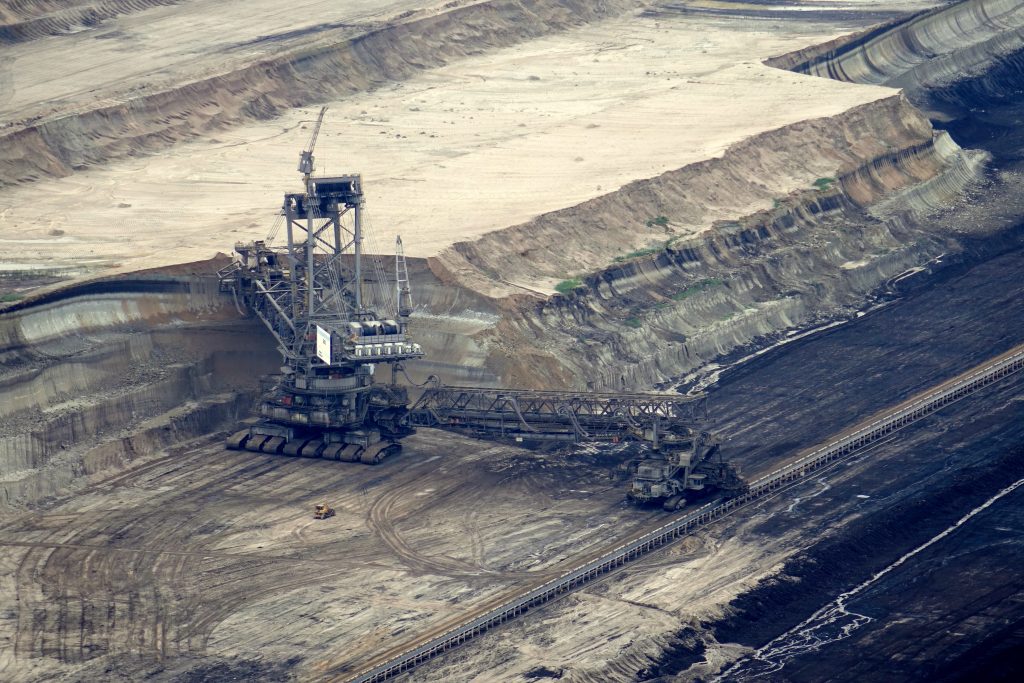Recent data from mainstream mining indices are showing a rapid decline in value, in some cases not seen since early 2016. The S&P TSX Metals & Mining Index has plummeted almost 19% from July this year, and the Global Index dropping almost 12% in the same period (July to October 2018).
As a reference, these indices provide investors with a benchmark for global mining portfolios and include securities in sub-industries: Aluminum, Diversified Metals & Mining, Gold, Precious Metals & Minerals, and Coal & Consumable Fuels.
Mining companies are facing a range of issues today, from digital effectiveness, cyber security and social license to operate (SLTO), to competitive shareholder returns, cash optimization and resource replacement. These are mostly well known issues and companies have been investing in improvements for some time. All the while indices fall, investment and consolidation grow as demonstrated in the strongest quarterly results for Canadian mining mergers and acquisitions since 2011 (Q3 2018).
From a recruiter’s perspective, the mining industry is still strong
As recruiters, we’re seeing a similarly contradicting story tell out. As a specialist in sales and sales management roles in the mining sector, I’m seeing lots of hiring in a strong business environment. Our clients are usually product and service providers to the mining industry which are sensitive to changing demand from mining customers. One of our top clients is a company selling physical ground-breaking equipment, who are having a banner year. Another recently hired a full-time in-house recruiter to prospect for talent specifically for the mining industry. When it comes to industrial sales, including products like pumps, compressors or valves for example, we’re sourcing talent on a very regular basis.
What is the major focus in the evolving mining industry?
When it comes to changes in the market, a lot of attention is being focused on who is being hired instead. Traditionally, the industry has rather old-school expectations of the sales and purchasing managers relationships. However, due to the demands put on the industry I mentioned earlier, a new type of sales operative has emerged. Stakeholders are demanding data driven decision making across the board, and in order to meet those demands the sales industry is answering with representatives that are ready to provide that. Where once a sales person could build a relationship with face to face interaction and entertainment, you now have an MBA armed with verifiable proof-points on their products.
With that being said, we are seeing some industrial equipment providers seeking to diversify their own client base in a bid to protect their long-term success against the corrections of a particular market. These companies are seeking flexible and talented team members that are able to represent them across industrial market lines as they find new uses for existing products. Here in British Columbia, economic diversification is a huge strength, and where a business might have become established servicing the pulp and paper industry, other industries like oil and gas, manufacturing and petrochemical are now supplementing their sales more predictably.
How do you perceive the resource industry right now? To talk more about the market and the types and calibre of candidates available to you, get in touch.




